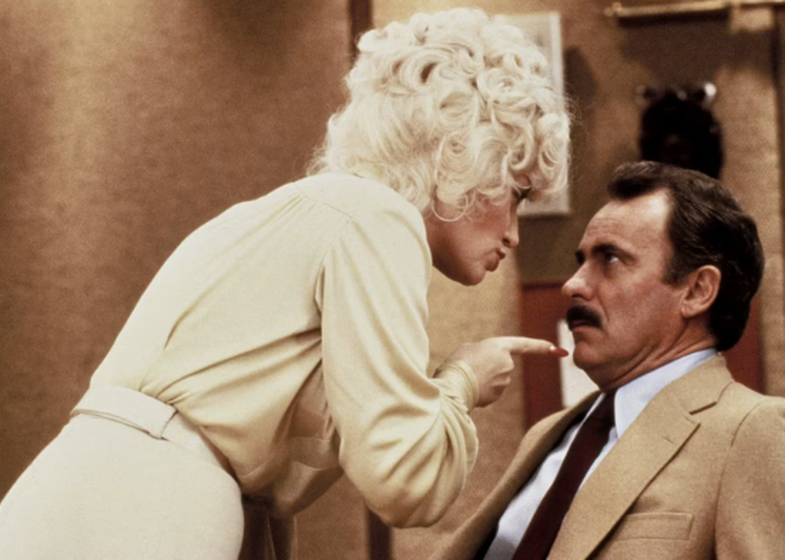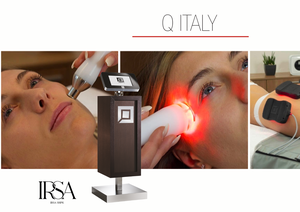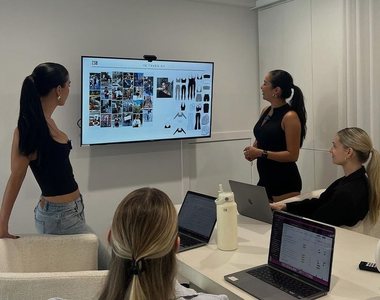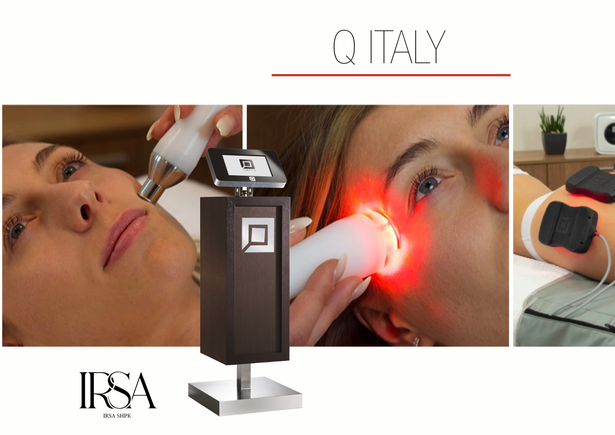
What to say, what not to say, not knowing what you said was wrong, or regretting the words after they have already been said; all of these have happened to people in work relationships.
Workplace communication in modern society is no easy business as there are rarely clear rules about what distinguishes common everyday phrases from unprofessional ones.
Here are the phrases that make you look unprofessional at work, according to experts:
1. 'I'm sorry'
Just apologizing is not professional behavior, even if it seems polite.
It can come across as an attempt to move on and keep things exactly as they are and not as they should be. Simply saying, "I'm sorry," leaves others responsible for fixing a problem without any feedback from you.
Therefore, it is better to say:
"I'm confused, how can I fix this unfortunate situation?"
"I'm so sorry this is happening, what can I do to help?"
"Here are some things I think might be useful. What do you think?"
2. 'This is none of my business'
Although there may be valid reasons to set boundaries when someone asks you to do something outside of your normal work boundaries, this phrase can make you seem uncooperative.
Instead, you can clarify or redirect the person in front of you without immediately becoming defensive.
This approach keeps the conversation focused on the solution, avoiding useless arguments and respecting your responsibilities and boundaries.
3. 'That's how we've always done it'
This sounds unprofessional because it displays a hidden resistance to change and innovation in the process.
Many people fail to change and eventually become frustrated by the unpredictable nature of travel.
But don't decide that the journey is over; instead, consider the urge to do something in new ways as one of the biggest signs from the universe that it's time to make a big change.
4. "**********"
The work atmosphere is affected by those statements that are considered unprofessional, especially dirty words.
Although foul language is not encouraged in any situation, we all feel the need to vent our frustrations at work. To do this, you need to learn to read the room and work culture you are in, whether or not certain words are tolerated in that place.
5. 'I don't know what to do'
This and the following examples convey similar unprofessionalism:
'I don't have time.'
'It's not my responsibility.'
'I'm busy.'
'I don't know how to do it.'
'Let someone else do it.'
'Ask ____ to do it.'
At work, opportunities lie within projects, programs, and policies that benefit others – they often involve responsible risks and difficult commitments or goals, or they may involve entirely new endeavors and visions for progress. Either way, you need to step up and take responsibility.
6. 'It's not my problem' or 'It's not in my job description'
Companies expect you to be a team player, which means understanding that there may be times when you will need to do more than what is required of you in principle.
However, if you are repeatedly asked to do tasks that don't match your job description, it's time to request a private conversation with your manager.
7. 'I am not paid for this job'
Instead of defining your limitations in the workplace in this way, try turning the situation in your favor and say, "I'll learn and communicate with you again."
This way, you maintain authority and demonstrate problem-solving skills. Ultimately, professionalism isn't just about what you know - it's about how you maneuver around what you don't know.
Although none of these phrases are likely to get you fired immediately, if they become a habit, your professional reputation is likely to suffer and limit future opportunities.
Suggested articles:
Source: Your Tango







